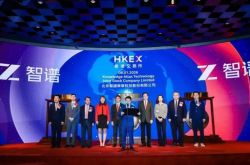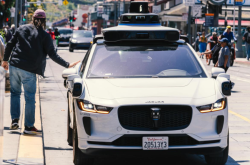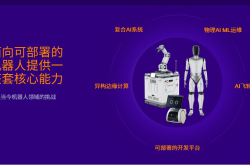Trump's Presidency Ushers in Upheaval for the Global Auto Industry
![]() 01/24 2025
01/24 2025
![]() 567
567
Lead
The inauguration of Donald Trump, a staunch advocate for fossil fuels, is set to have a profound impact on the global new energy industry, particularly the realm of new energy vehicles. For Chinese automakers aiming to penetrate the U.S. market, what pivotal factors should they prioritize?
Produced by|Heyan Yueche Studio
Written by|Zhang Dachuan
Edited by|He Zi
Total words: 2730
Reading time: 4 minutes
With Trump's ascension to the presidency, the landscape of the global automotive industry is poised for significant transformations, with the U.S. auto market, especially the electric vehicle segment, bearing the brunt. As the world's second-largest auto market, Trump's adjustments to tariff and electric vehicle policies will inevitably shape the strategic decisions of European, Japanese, and Korean automakers. Meanwhile, Chinese automakers across the Pacific Ocean will also encounter a novel situation.
Electric Vehicles Face Dim Prospects
Trump is a vocal supporter of traditional fossil fuel production and export. On his first day in office, he signed an executive order titled "Unleashing American Energy" and declared a national energy emergency. Boosting traditional energy exploitation will be a key focus for the U.S. in the coming years, significantly reducing energy costs and generating substantial revenue through oil and natural gas exports. However, this may adversely affect global carbon peaking and carbon neutrality efforts, potentially creating a rift between the U.S. and its European allies. To ease restrictions on his energy policy, Trump withdrew from the Paris Climate Agreement shortly after taking office, a move he previously reversed during the Biden administration.

△Leveraging breakthroughs in shale oil technology, the U.S. has long been among the world's leading oil and natural gas exporters.
While fostering fossil fuel production, Trump will also revise the electric vehicle subsidy policies implemented by the Biden administration. In his inaugural address on January 20, Trump announced the end of his predecessor's "green administration" and the rescission of the electric vehicle "mandate," which aimed for 50% of new vehicles sold in the U.S. to be electric by 2030. Furthermore, the Biden administration had offered federal tax credits of up to $7,500 for pure electric vehicles, supplemented by state subsidies. Trump has now canceled these incentives.
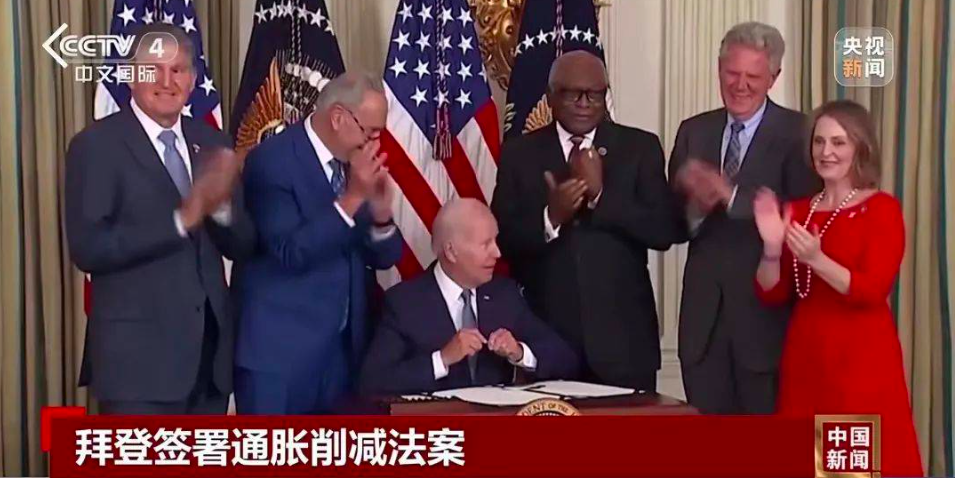
△Trump has canceled the tax credit for purchasing electric vehicles based on the Inflation Reduction Act.
For automakers, these executive orders significantly influence product planning and investment strategies. Without subsidies, the still-elevated cost of electric vehicles may prompt consumers to shift to traditional fuel vehicles, particularly hybrids that balance fuel economy and performance, whose sales in the U.S. are expected to surge.
Strategic Adjustments Become Inevitable for Automakers
The Trump administration's new energy policies will profoundly impact vehicle and battery manufacturers.
American automakers like GM and Ford, who had previously planned extensive electric vehicle lineups, now face a bleak outlook for electric vehicles in the U.S. due to the withdrawal of subsidy policies. These models require substantial investments from planning to research and development, manufacturing, and final delivery. Automakers must now decide whether to adjust product planning towards more hybrid/plug-in hybrid models, reduce existing electric vehicle production capacity, or even liquidate inventory at steeper discounts—all decisions requiring careful deliberation.
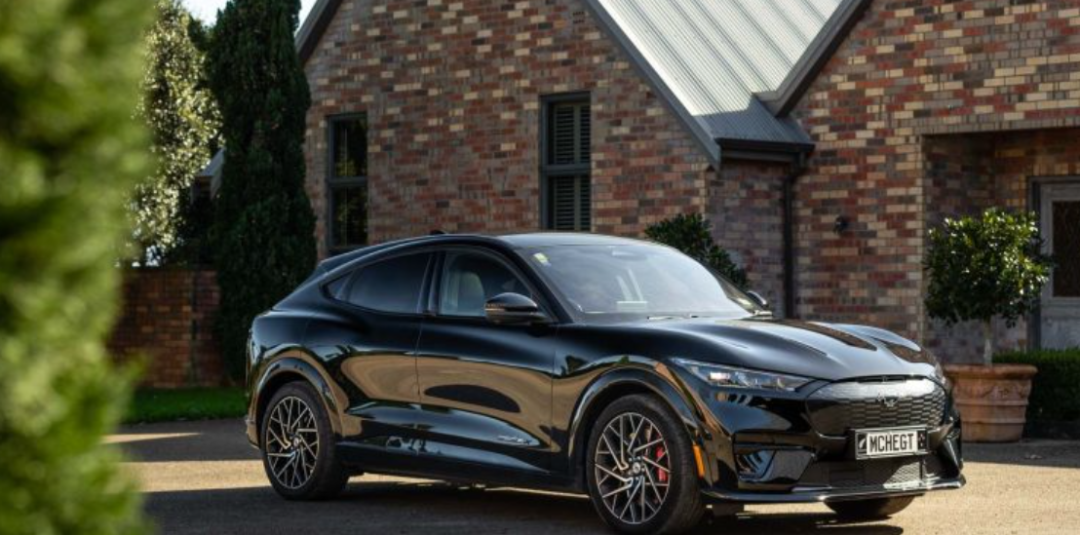
△The electric vehicle strategies of the three major American automakers will undergo substantial adjustments.
Battery companies investing in U.S. factories face even greater challenges. Previously, under the Biden administration's Inflation Reduction Act, U.S.-based battery manufacturers could receive substantial production subsidies, prompting Japanese and Korean battery giants like LG Energy Solution, Samsung SDI, and Panasonic to establish production bases in the U.S. With the potential full cancellation of electric vehicle subsidies, these companies may face severe overcapacity, leading to inevitable profit impacts starting this year.
Moreover, automakers must closely monitor the Trump administration's tariff policies. It has been confirmed that a 25% tariff will be imposed on products imported from Canada and Mexico from February 1. This unexpected move will disrupt many automakers' strategies. Due to lower production costs and the US-Mexico-Canada Agreement, many automakers have set up factories in Mexico specifically for exporting to the U.S. Data shows that in 2023, Mexico exported about 3 million vehicles to the U.S., half of which were from the three major American traditional automakers. Other brands like Volkswagen, BMW, Nissan, and Honda also have factories in Mexico. With Mexico's labor cost advantages and the quality assurance of these multinational automakers' systems, their products are competitive with American local enterprises. Automakers will now have to reassess the future of their Mexican factories. If exporting to the U.S. becomes unprofitable due to tariffs, reducing the scale of Mexican factories or even closing them down will become a priority.
Opportunities and Challenges for Chinese Automakers
For Chinese automakers, Trump's presidency presents a mixed bag of opportunities and challenges.
On one hand, Trump's strengthened use of tariffs will make it harder for Chinese-made vehicles to export to the U.S. However, under pressure from both the Trump and Biden administrations, selling Chinese-made electric vehicles in the U.S. has become unprofitable for most automakers, so domestic automakers generally do not directly target the U.S. as an export market.
Additionally, since Trump imposed tariffs on Mexico earlier than on China, domestic automakers' plans to use Mexico as a gateway for exporting to the U.S. may also be shelved. Among domestic automakers, BYD was rumored to invest $1 billion in an electric vehicle factory in Mexico, with its first pickup truck, the BYD SHARK, already launched there. SAIC and Chery have also been rumored to plan factories in Mexico.
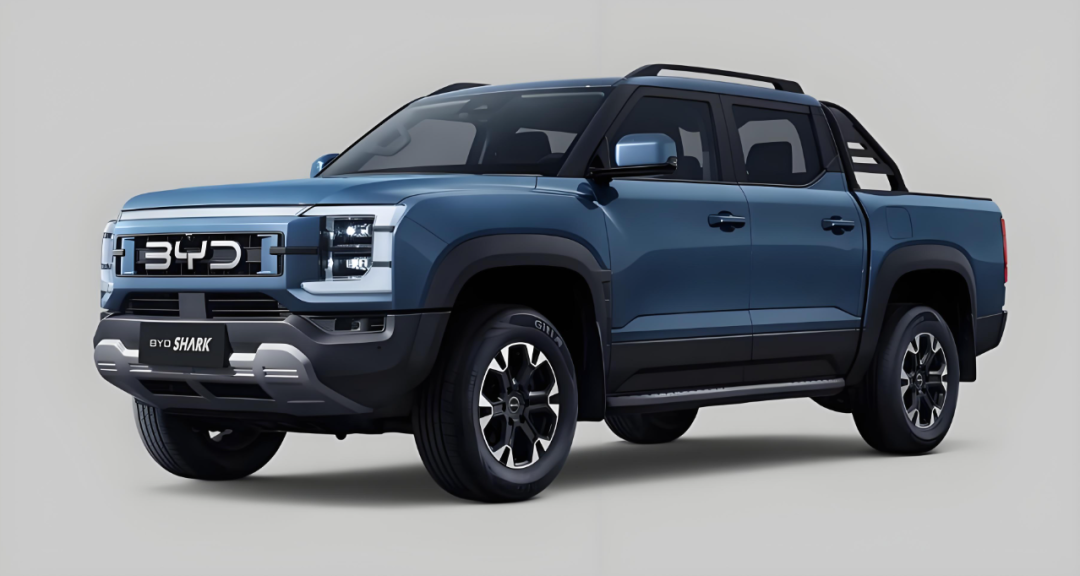
△The door for domestic automakers to enter the U.S. market through Mexico may now be completely closed.
On the other hand, as a businessman, Trump encourages manufacturing repatriation, a long-standing national policy. The Biden administration, emphasizing political correctness, exerted extreme pressure on Chinese companies, effectively blocking Chinese automakers from setting up factories in the U.S. However, Trump's stance differs markedly. If Chinese automakers are willing to set up factories in the U.S. and hire American workers, he is open to welcoming Chinese companies and capital. More investment in the U.S. can bring jobs and tax revenue, enhancing Trump's political achievements and helping his supporters maintain power. Thus, for Chinese automakers, leveraging Trump's presidency to explore factory setups in the U.S. could be an opportunity.
However, establishing factories in the U.S. is costly, and managing American unions is challenging. After four years, if Trump steps down, there will be uncertainty about the new U.S. government's policy direction. These uncertainties need careful planning before committing to U.S. factories.
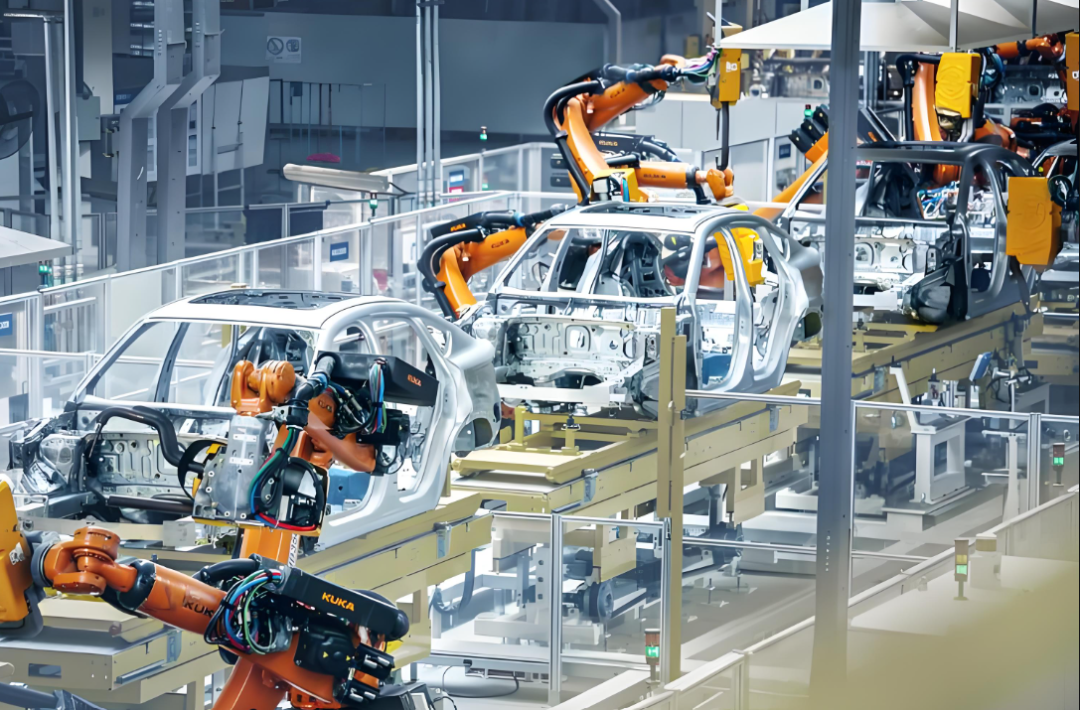
△Trump is not entirely opposed to Chinese automakers setting up factories in the U.S.
Furthermore, Trump may impose higher tariffs on imported vehicles from the EU and other regions. If a trade war erupts between the U.S. and the EU, traditional allies, the EU may seek solidarity with China to contain the U.S. This could lead the EU to adjust its previous punitive tariffs on Chinese electric vehicles, as no economy would willingly offend both China and the U.S. simultaneously.
Commentary
With the Trump administration in office, previously speculative scenarios are becoming more concrete. With increased certainty, governments and automakers worldwide can make corresponding adjustments. China's automotive industry has emerged as a global force, boasting a vast domestic market and advanced technologies. Domestic automakers will focus on the domestic market while expanding globally. Trump's presidency, while posing challenges, may also present hidden opportunities for Chinese automakers aiming for a global footprint.
(This article is originally created by Heyan Yueche and cannot be republished without authorization)


